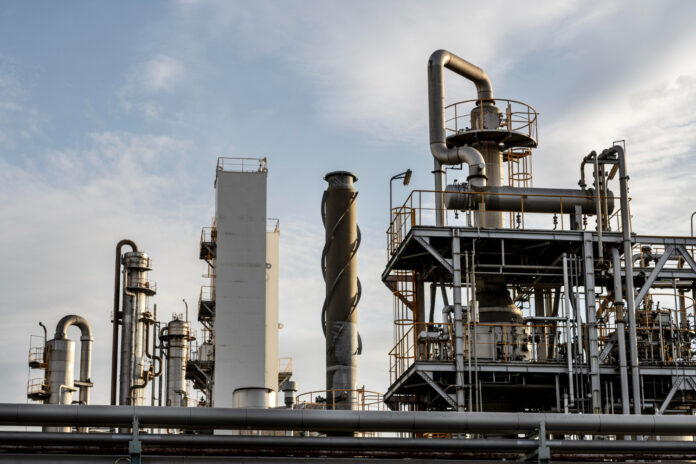Minister Hamad bin Mohammed Al-Sheikh highlights the role of continuous education and training in advancing human resource development to meet Saudi’s evolving technological demands in the industrial sector
Human resource development is at the heart of Saudi Arabia’s industrial growth, with continuing education and job training crucial for keeping pace with the rapid technological changes shaping the sector. This was the central message delivered by Minister of State and Saudi Cabinet member Hamad bin Mohammed Al-Sheikh at the Multilateral Industrial Policy Forum, held in Riyadh from October 23-24, 2024.
During a roundtable discussion titled “Leveraging Industrial Policy for SDG Impact – Practical Insights,” Al-Sheikh highlighted the essential role of skill enhancement in Saudi Arabia’s ambitious plans for industrial expansion. “Without continuous training and professional development, it’s impossible to keep up with technological advancements,” the minister noted, underscoring the importance of upgrading the Kingdom’s workforce through various professional courses and certifications.
The drive to foster human resource development aligns with Saudi Arabia’s broader goal to triple its industrial gross domestic product (GDP) by 2030, double job opportunities to 2.1 million, and significantly boost industrial exports to SR557 billion ($148 billion). These objectives form part of the National Investment Strategy, a key component of Saudi Vision 2030, which aims to diversify the economy away from oil reliance by investing in other sectors, including industry and technology.
Embed from Getty ImagesAl-Sheikh pointed out that partnerships with key industrial players such as Aramco, SABIC, and Ma’aden are already underway. These companies are collaborating with vocational and technical colleges to offer training programs that ensure graduates are prepared for roles within the industry even before they complete their education. Such efforts, he explained, are designed to maximise the comparative advantages found in different regions across the Kingdom.
“Through joint partnerships with vocational and technical training, we have specific programs where people are hired before their training even begins,” said Al-Sheikh. These agreements, signed with major industrial firms, help to elevate local talent and ensure that the workforce can meet the specialised needs of Saudi Arabia’s industrial sector.
The forum also focused on inclusivity within the sector. “Saudi Arabia’s industrial strategy is multi-dimensional and multi-regional,” the minister stated, stressing that the country’s 36 industrial cities, spread across various regions, reflect an effort to ensure that all areas and social segments benefit from industrialisation. He also emphasised the importance of integrating both men and women into these development efforts, ensuring a more equitable distribution of opportunities.
The two-day forum, organised by the Ministry of Industry and Mineral Resources in collaboration with the United Nations Industrial Development Organization (UNIDO), is aimed at supporting the development of the global industrial sector by crafting innovative and effective policies. It is the first such event to be held outside UNIDO’s Vienna headquarters, highlighting Saudi Arabia’s growing influence in shaping international industrial policy.
The discussions addressed key challenges faced by the global industrial sector, such as sustainability, the impact of climate change, and the evolving technological landscape. By aligning its policies with global trends, Saudi Arabia is positioning itself to not only lead industrial growth domestically but also contribute significantly to the international industrial community.
In closing, Al-Sheikh reaffirmed the Kingdom’s commitment to ensuring that industrial growth benefits all segments of society. “Our focus is on people, enhancing their skills through development programs, and making sure that men and women alike can take advantage of these opportunities,” he said. As Saudi Arabia continues its path towards industrialisation, the emphasis on human capital and inclusive growth will remain a cornerstone of its strategy.
